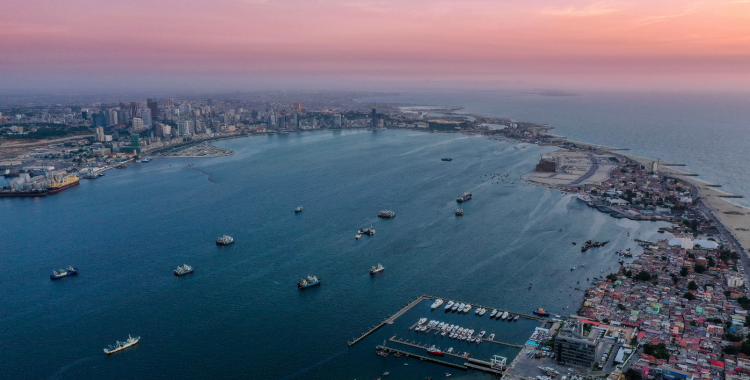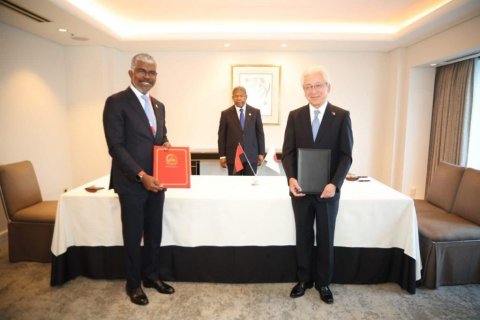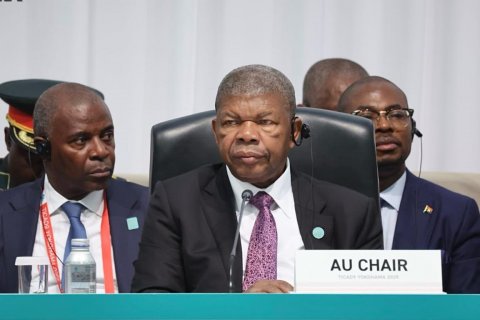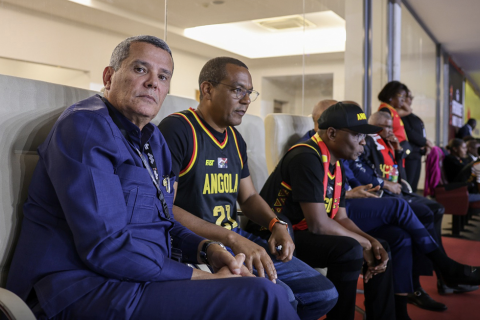The peace won by Angola on 4 April 2002 opened the door to the country's economic, social and cultural growth. Affirming itself as a nation that holds numerous natural resources, notably oil and diamonds, business opportunities have begun to proliferate. Angola's main exports are oil, diamonds, coffee, timber, fish, cotton and sisal. Imports are mainly food products, beverages, electrical equipment and cars.
Over the past decade, the national economy has seen above-average growth rates that have placed Angola at the top of the most prosperous countries on the African continent and with excellent investment conditions. Natural resources attracted large foreign investments that helped this growth. However, despite constant attempts by the government to diversify the economy, oil revenues have always dominated the state budget. Angola remains one of the largest oil producers in sub-Saharan Africa, but growth had a setback.
Since 2014, the country has been going through an economic and financial crisis caused by the sharp fall in oil prices, resulting in a decrease in the country's export earnings. The Executive has been working to alleviate the negative consequences resulting from the breach of revenues by reducing public spending, increasing oil production, fostering diversification of economic activity and establishing financing agreements with foreign public and private partners.
The slowdown in national economic growth has strong repercussions on the daily lives of the population and business fabric. This situation is further aggravated by the scarcity and difficulty in accessing foreign currency. The devaluation of the kwanza against the US dollar is another factor in the decline in purchasing power.
Angola continues to have high levels of imports of basic necessities. Due to the difficulties in expatriation of currencies, the current complexity of import processes has led to inflation of food and other products essential to the welfare and survival of the population. In the case of companies, many are unable to import raw materials to continue their business, given the difficulties they face in paying suppliers. It is essential to invest in the progression of the sectors that still work today based on the importation of goods and services, through which a large part of the foreign exchange that the country obtains is exhausted, and which continue to be highly dependent on foreign countries. With its natural resources, it is possible to diversify the economy by betting on sectors such as agriculture, fisheries, livestock, aquaculture and timber processing.
After a difficult 2019, the country is once again pessimistic in a new year that is expected to be marked by the challenges of economic growth and the uncertainty of the municipal elections that President João Lourenço promised for the first time in 2020.
The government anticipates a rebound in economic growth, pointing to an increase of 1.8 per cent of gross domestic product (GDP), but several international consultants consider this outlook unrealistic and admit that the country will continue in recession. A period of recession that has been dictated essentially by the fall in oil production, rather than the fall in crude prices. Angola expects to produce 46,000 barrels of oil per day by 2020, thereby increasing daily production from 1.39 million to over 1.43 million.
The forecast is that the kwanza will continue to follow a devaluation rate, which will bring new repercussions on rising inflation and falling purchasing power.
This is not the first economic crisis that Angola is going through. The strength and persistence of the people, the implementation of government-driven strategies that drive the economy and the continued support of investors and international organizations will certainly be key factors for Angola to overcome this negative phase and quickly start writing a new page in its history, where the sustainable growth and development of the nation prevails.







